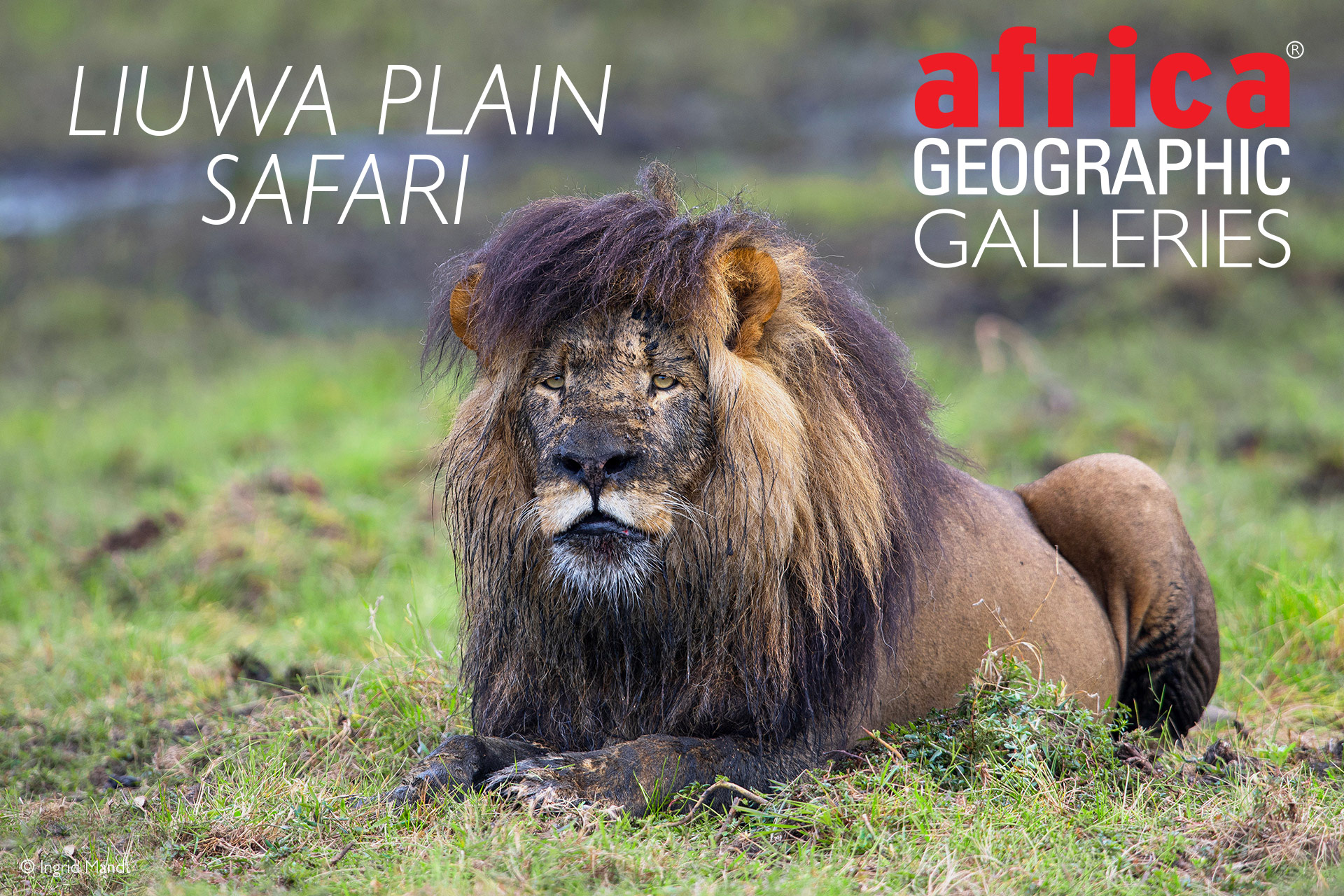
Zambia's hidden gems - part 2


There is another hidden gem in Africa, where dusty plains are transformed to a dense oasis of wildflowers after being kissed by thunderstorms, and graduate into woodland islands trapped by wetlands. Liuwa Plain National Park, this remote wilderness, is also home to the second largest wildebeest migration on the continent. On these lush picturesque plains, lions rule and scavengers reap the benefits, creating ample opportunities for photographic splendour. Izak Smit and Inki Mandt, fortunate travellers who know this hidden Zambian gem well, embarked on a safari to celebrate the wildlife of this lush destination. Izak tells us of their journey in the second of a two-part travel diary.
Our first visit to Liuwa Plain years ago allowed us to witness Lady Liuwa, the “Last Lioness” (immortalised in the documentary by Herbert Brauer) enjoying the company of lions reintroduced into the park before she passed away in 2016 at the remarkable age of 17. Since then, our visits have become a sort of pilgrimage, marvelling at the wildebeest migration and the magic that unfolds after the first rains in November each year.
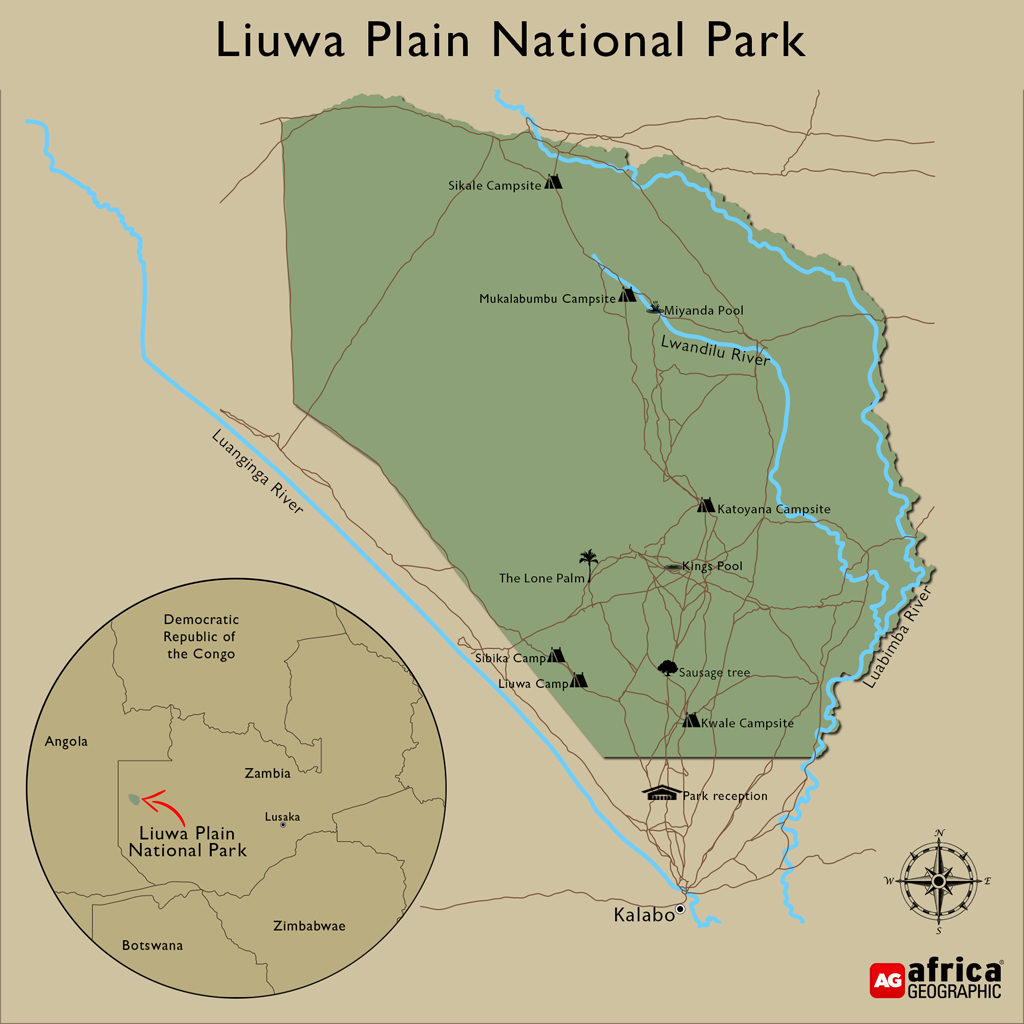
The changes in the park have been remarkable since 2016, with our visits in 2018, 2021, and 2023 revealing both the challenges of drought and the positive impact of excellent management.
In 2016, we timed our visit perfectly: good rains filled the pans, attracting migratory birds and creating a vibrant display of red, pink, and white sand lilies (Crinum buphanoides). New growth sprouted everywhere, drawing around 30,000 wildebeests from the northwest. Almost overnight, wildebeest calves appeared, along with large numbers of hyenas, a few cheetahs, and a handful of lions. After some thundershowers, bullfrogs would appear almost as if on command, attracting numerous waterbirds, Anchieta’s cobras, and predatory birds, providing fantastic photographic opportunities.
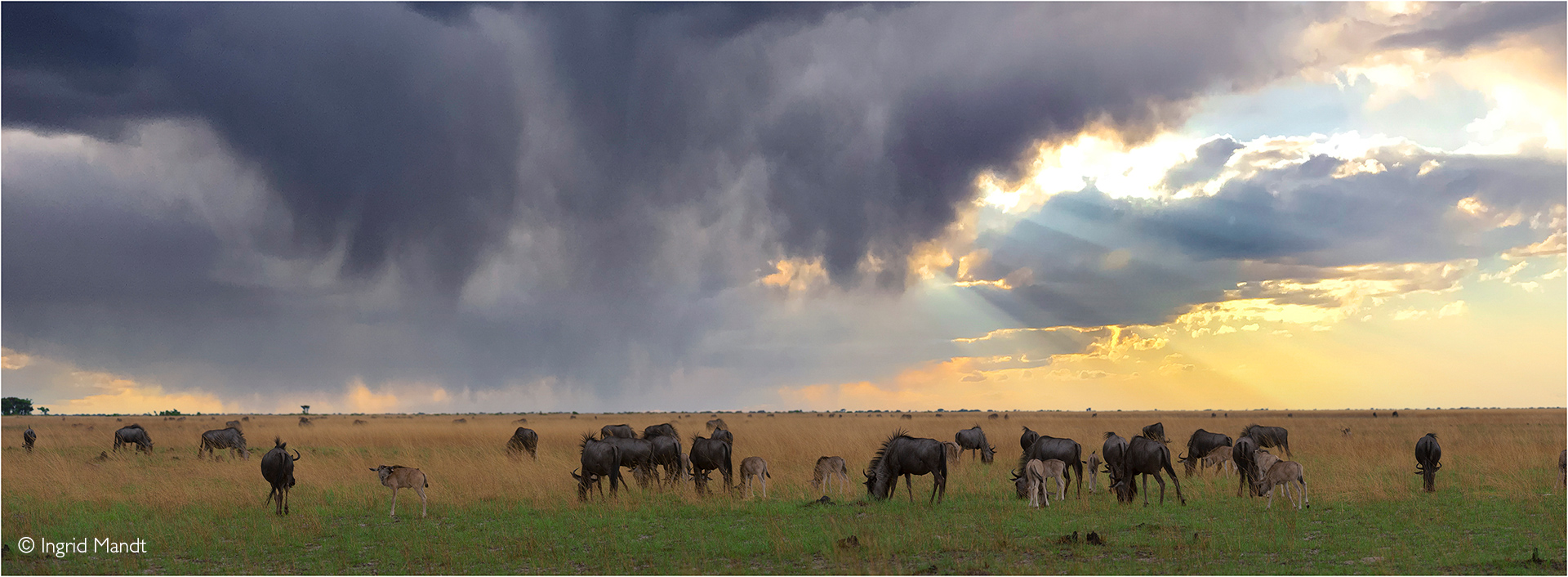
We have not been as fortunate with the weather on subsequent visits; the rains have been later and less abundant. However, predator numbers have increased dramatically, thanks to the efforts of African Parks. Predators are our passion and the primary focus of Inki’s cameras.
 DID YOU KNOW that African Parks offers safari camps (lodges and campsites) where 100% of tourism revenue goes to conservation and local communities? Find out more about Liuwa Plain and book your African Parks safari.
DID YOU KNOW that African Parks offers safari camps (lodges and campsites) where 100% of tourism revenue goes to conservation and local communities? Find out more about Liuwa Plain and book your African Parks safari.
Over the past eight years, we’ve observed a sharp, yet inexplicable, decline in the hyena population, an increase in the lion population (now around 25, including eight small cubs), about 14 cheetahs, and 12 wild dogs. Although this has shifted the balance among the predators, the decline in hyena numbers remains a mystery. With the pans mostly dry during our last three visits, the previously abundant waterbirds have also become scarcer. Nevertheless, the predators continue to offer excellent opportunities for photography.
The camps were well maintained by friendly staff, and a beautiful new lodge, Liuwa Camp, has been built. The new bridge over the Luanginga River at Kalabo is a welcome change, replacing the old pontoon crossing. We were among the first to use this nearly completed bridge.
A new park office has been built near the southern boundary, where we had the privilege of meeting the park manager, Deon Joubert, and his wife Anel, and tapping into their vast knowledge of the park and its inhabitants.
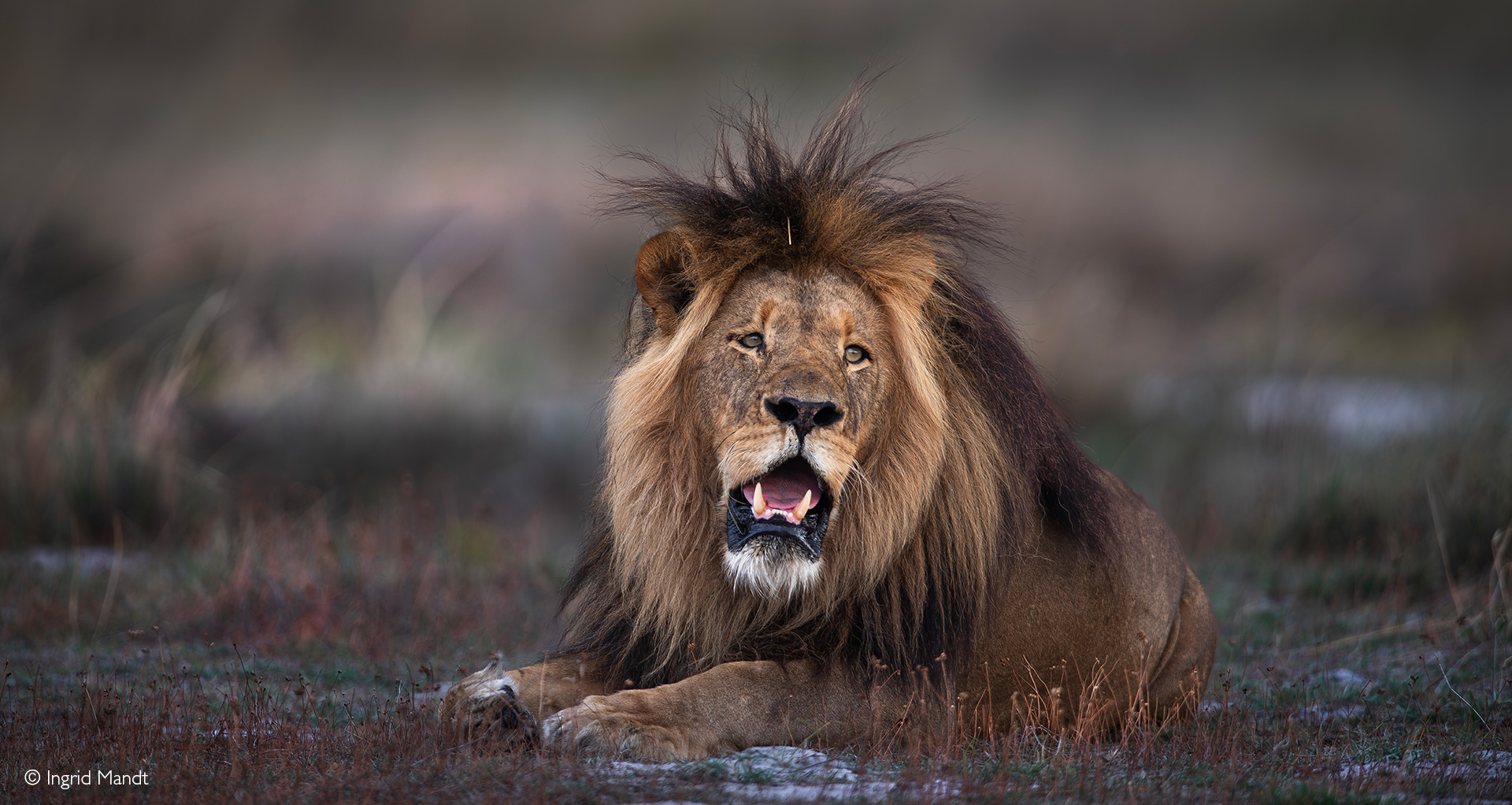
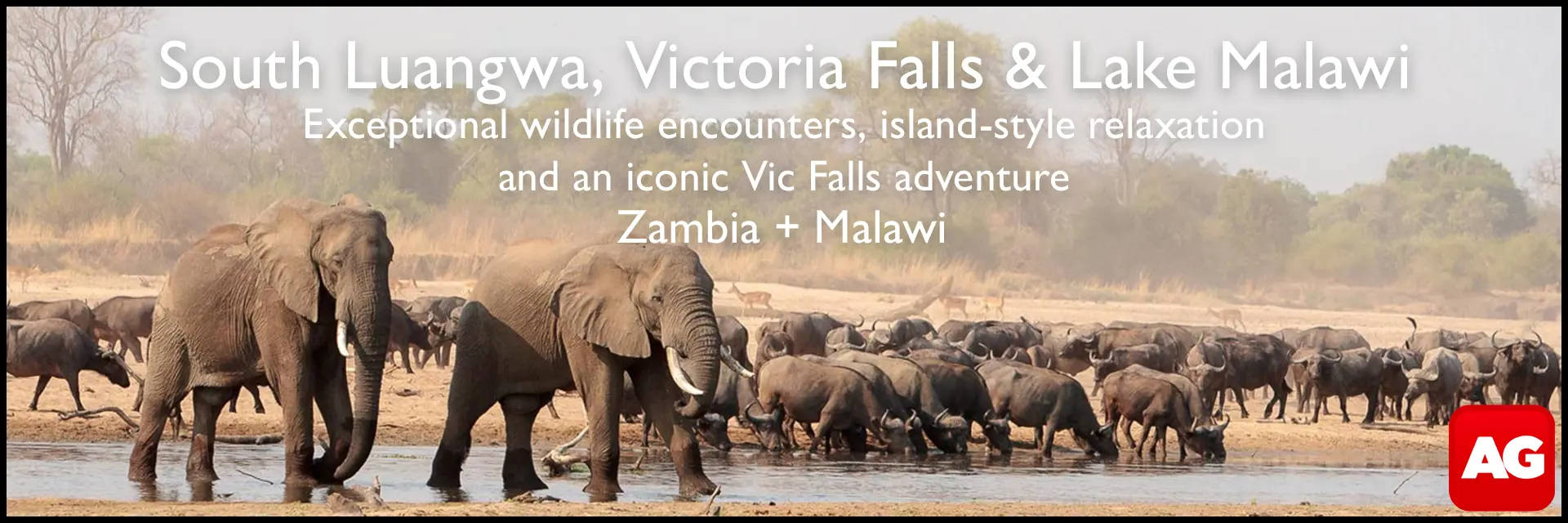
For self-drivers, the sandy roads in the southern part of the park can deplete your fuel reserves quickly, so carrying enough fuel is essential. While the park may seem small, daily game drives can easily cover 80km, leading to high fuel consumption.
On a few occasions we saw fishermen visiting the few water-filled pans, spearing at the ponds’ bottoms in the hopes of capturing food. (Editorial note: African Parks has implemented a traditional fishing permit system in Liuwa Plain, allowing local people to fish in the park’s waters. In this way, illegal fishing is curbed and resources are protected for the local communities. Finding a balance between the needs of local communities and wildlife conservation is still a work in progress, as it is in many parks across Africa). Controlled fishing permits, anti-poaching efforts and research patrols are all doing their part in managing impacts on the park, and snaring and poaching continue to be managed.
 Find out about Liuwa Plain for your next African safari. We have ready-made safaris to choose from, or ask us to build one just for you.
Find out about Liuwa Plain for your next African safari. We have ready-made safaris to choose from, or ask us to build one just for you.
We spent 11 days at Katoyana Campsite without a single disappointing day. We were treated to marvellous lion sightings, including eight tiny cubs, their father with a rock-star mane, aptly named Bon Jovi (pictured in the cover image of this article), as well as a cheetah and her sub-adult cub, among many other sightings.
In the immortal words of Arnold Schwarzenegger, “We’ll be back!”
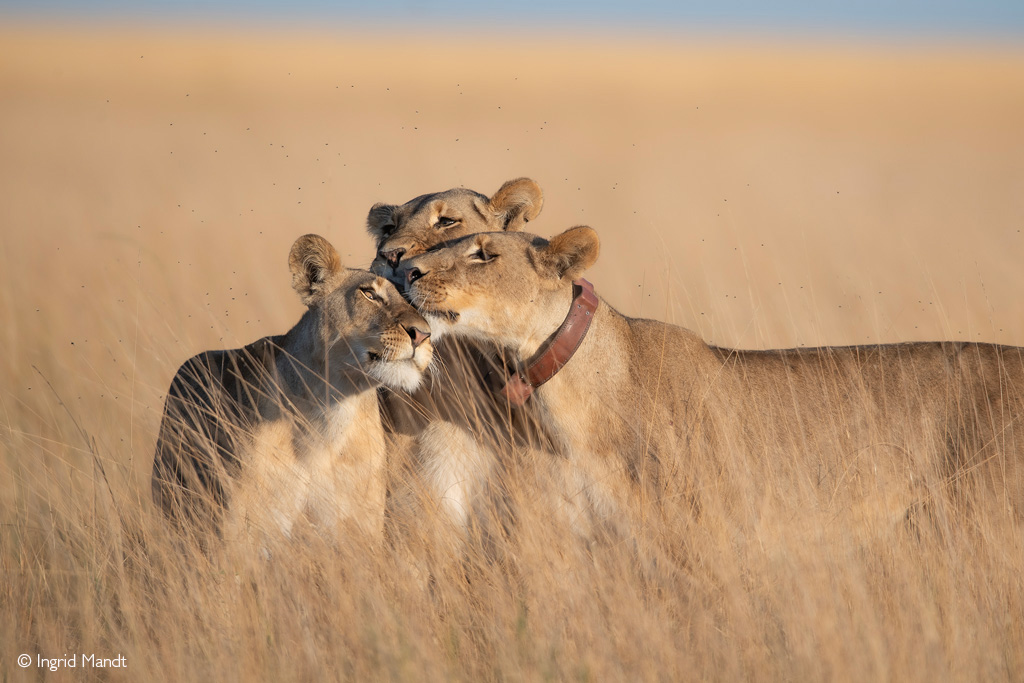
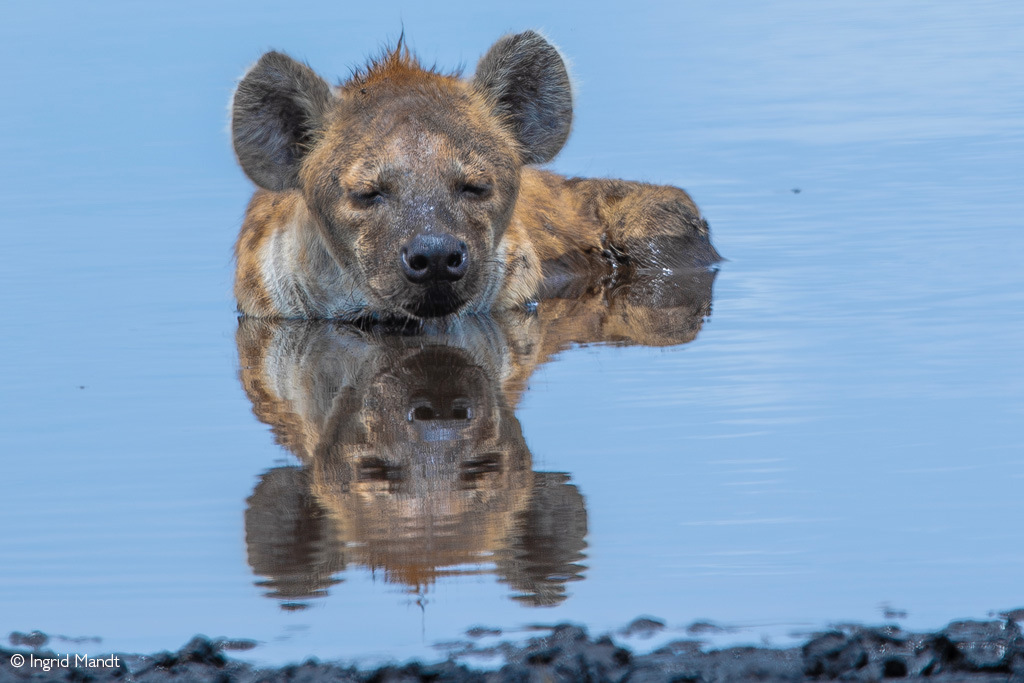
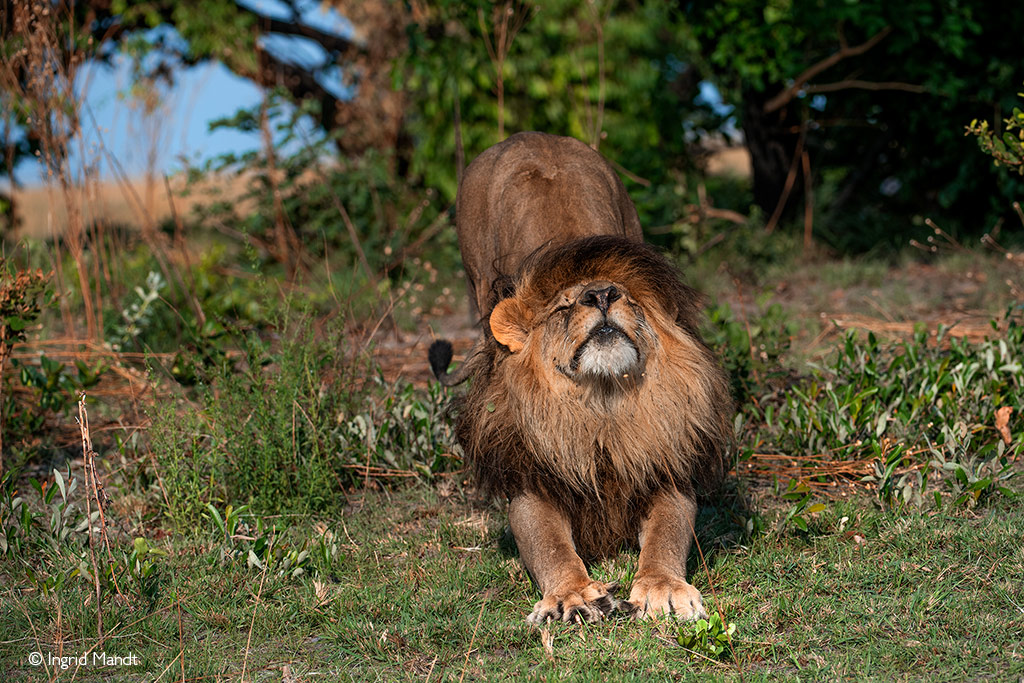
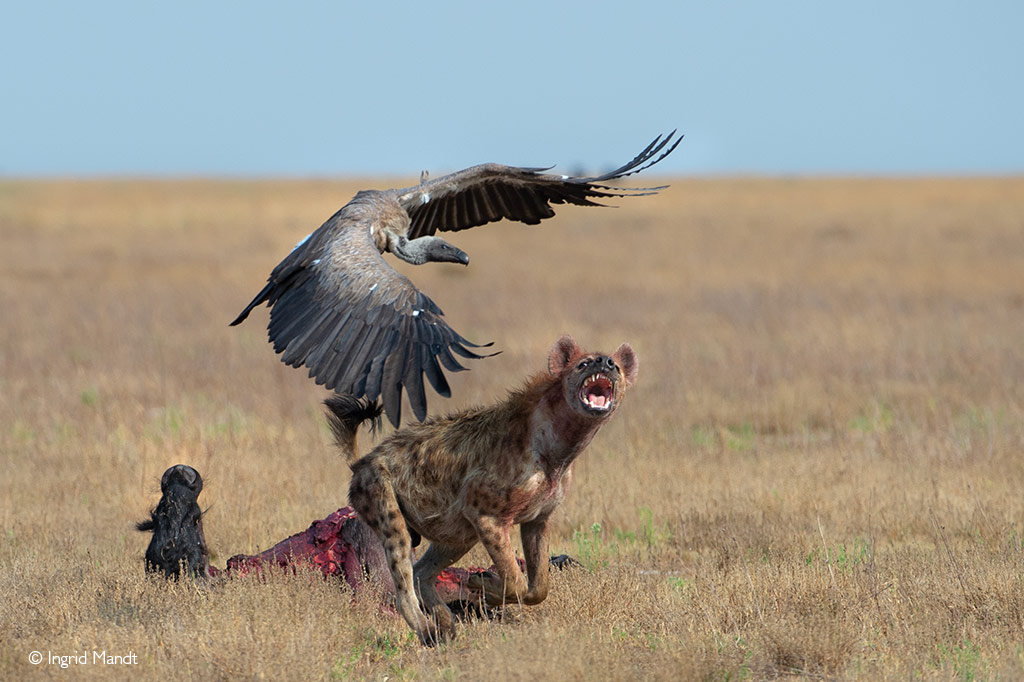
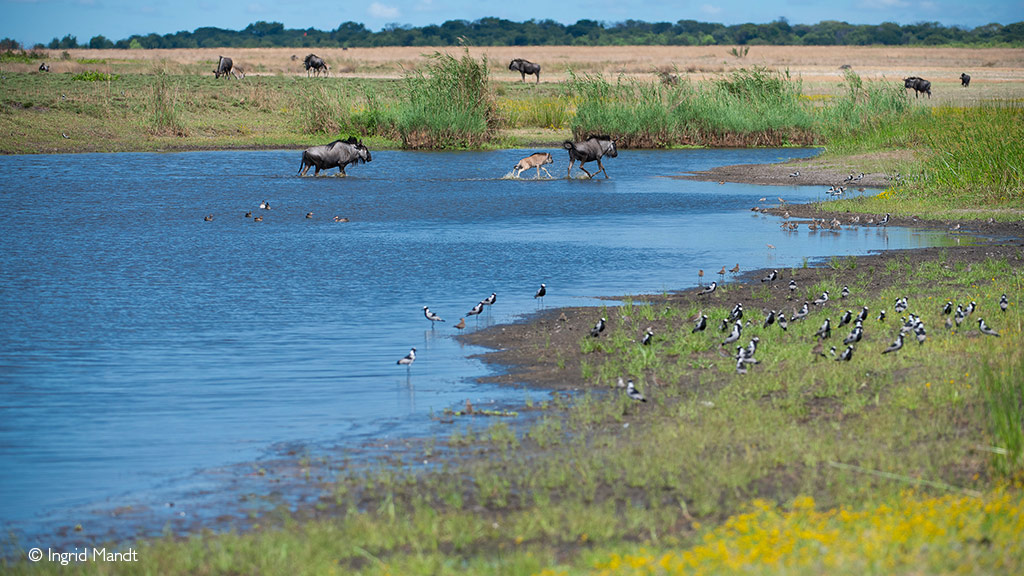
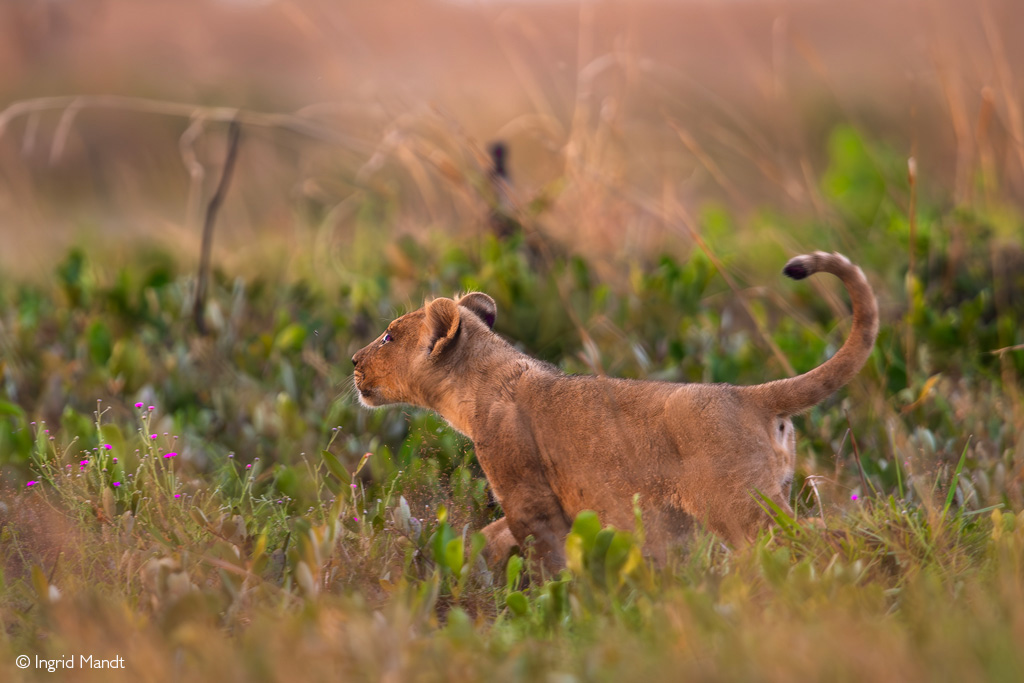
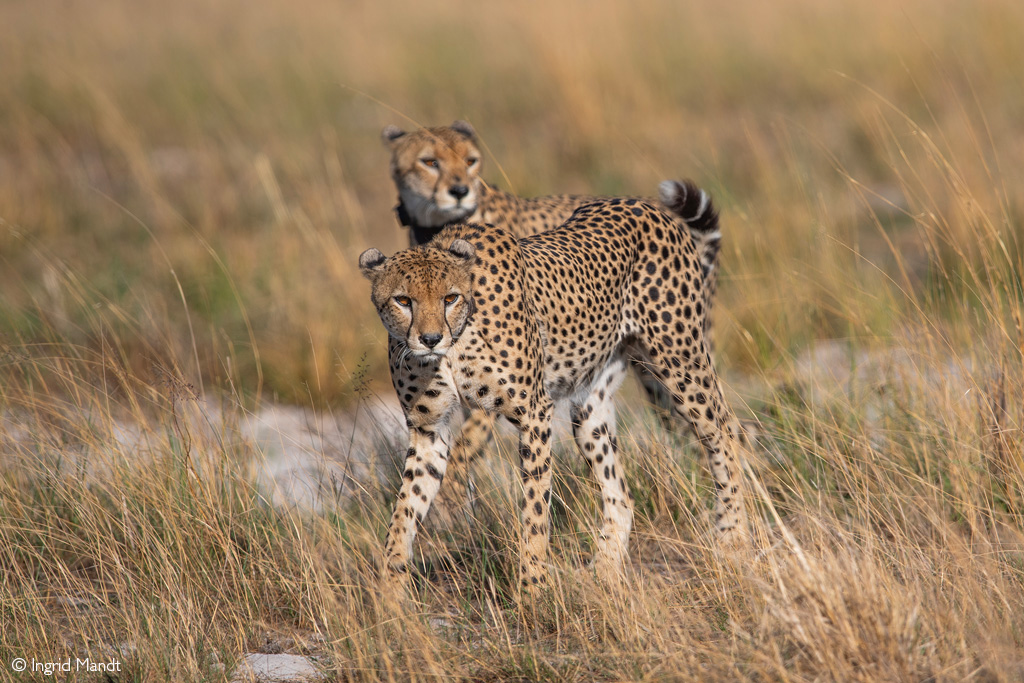
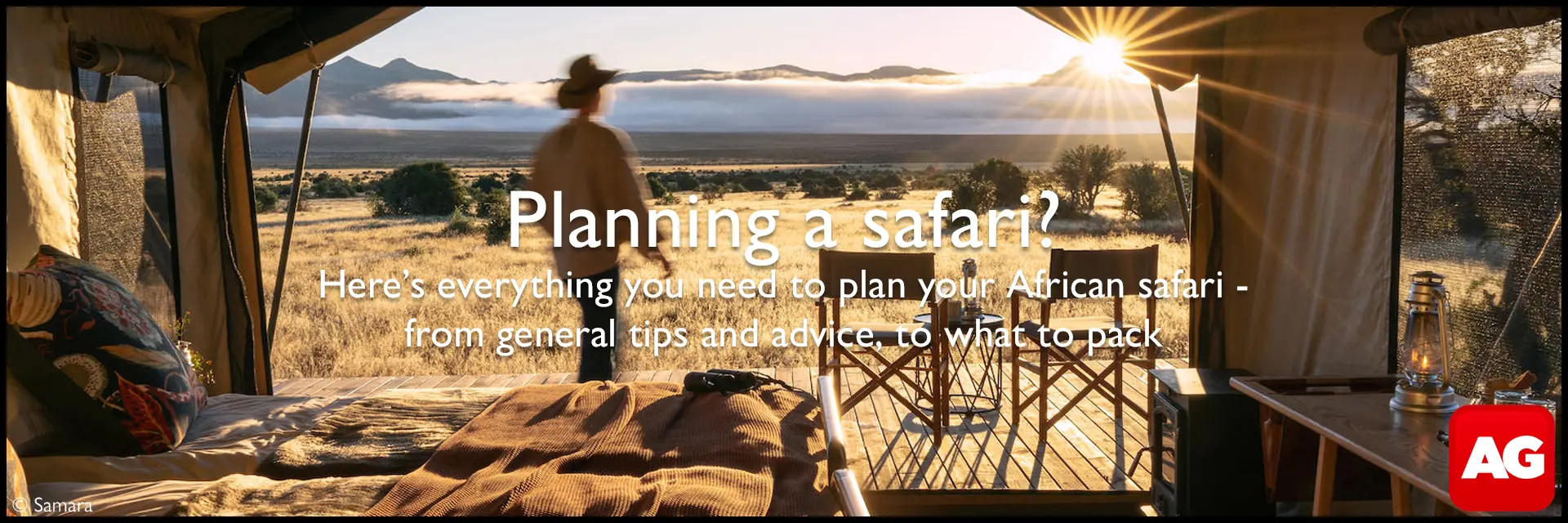
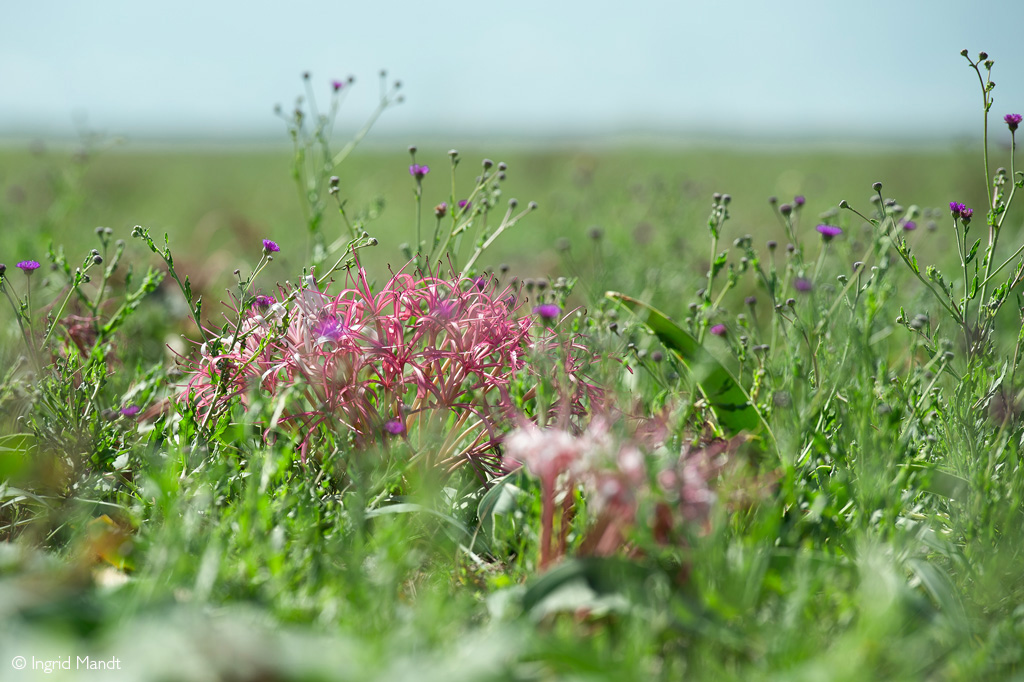
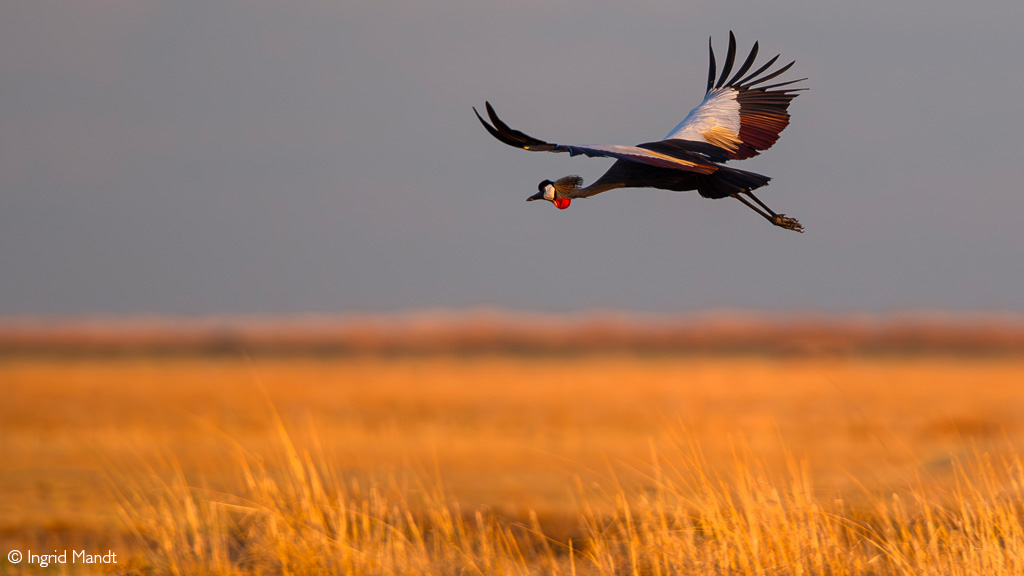
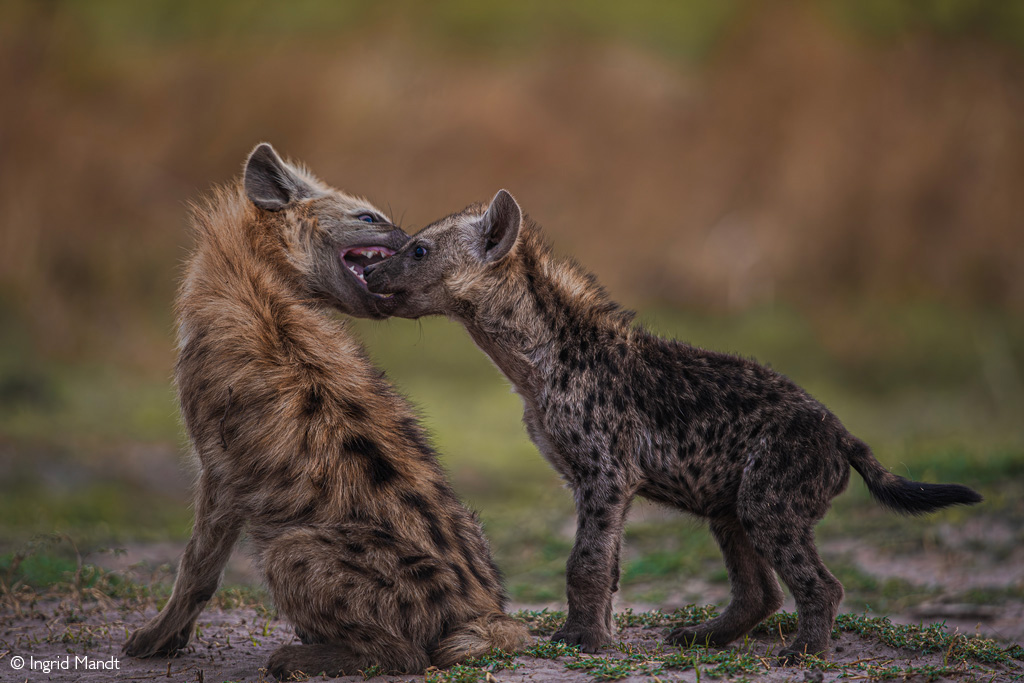
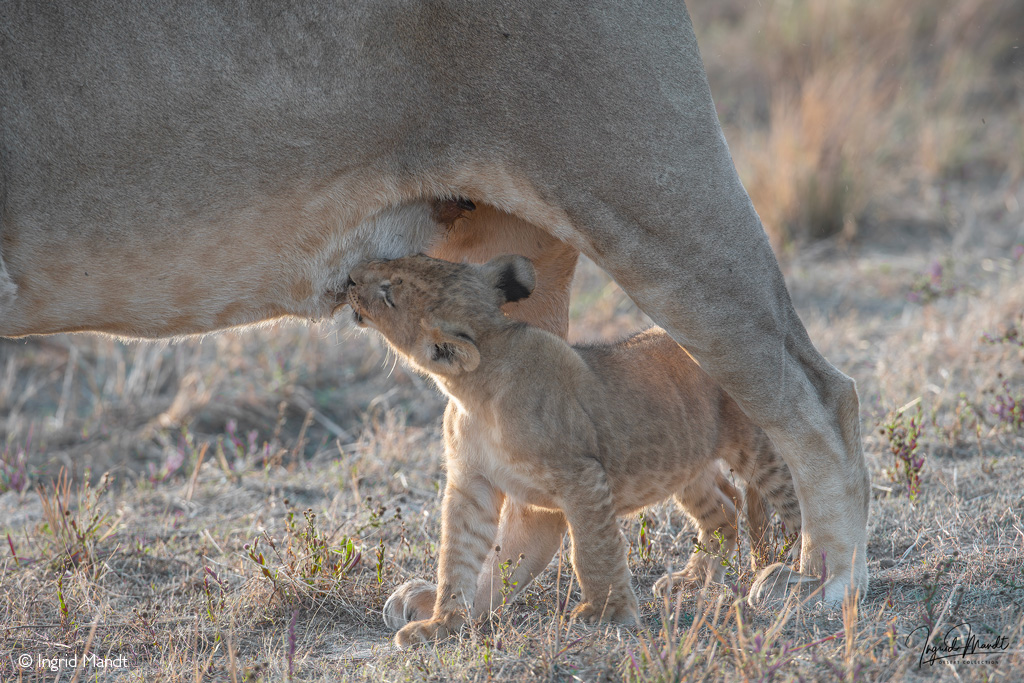
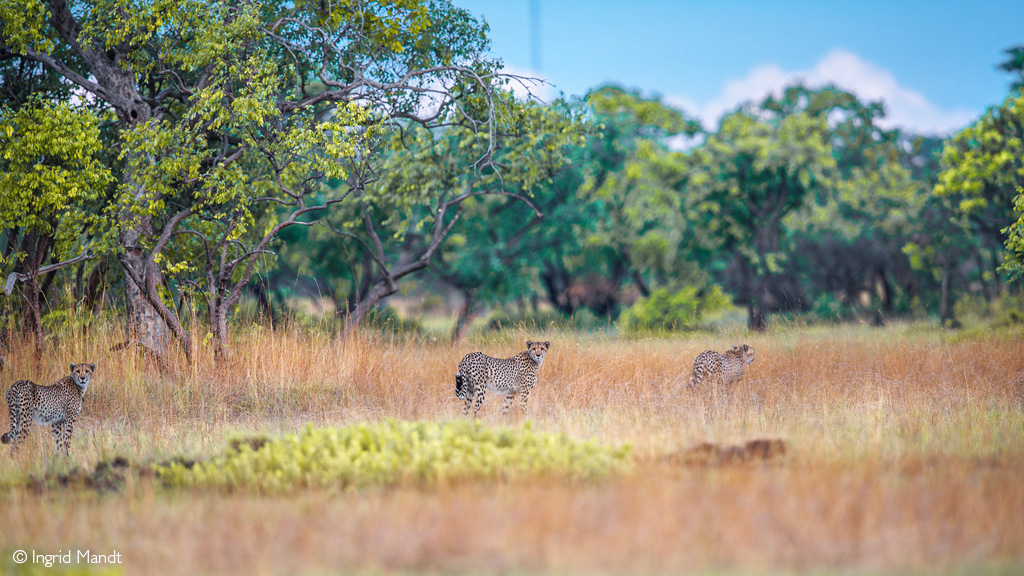
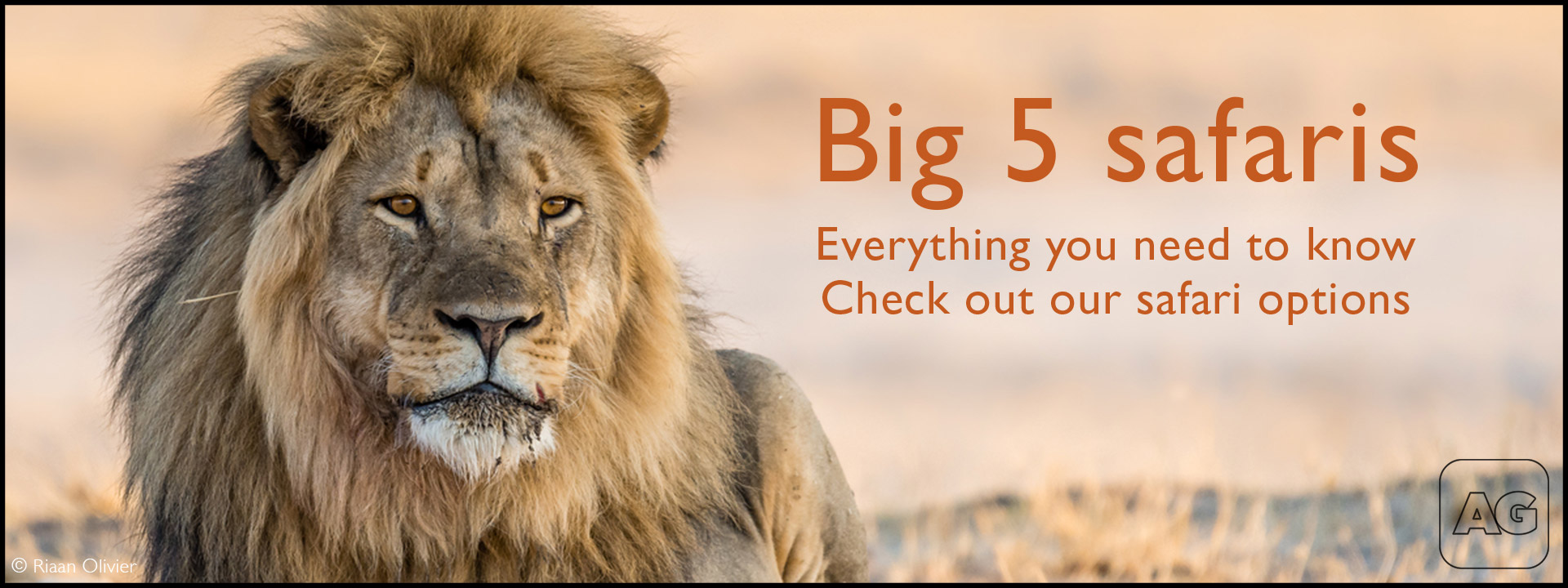
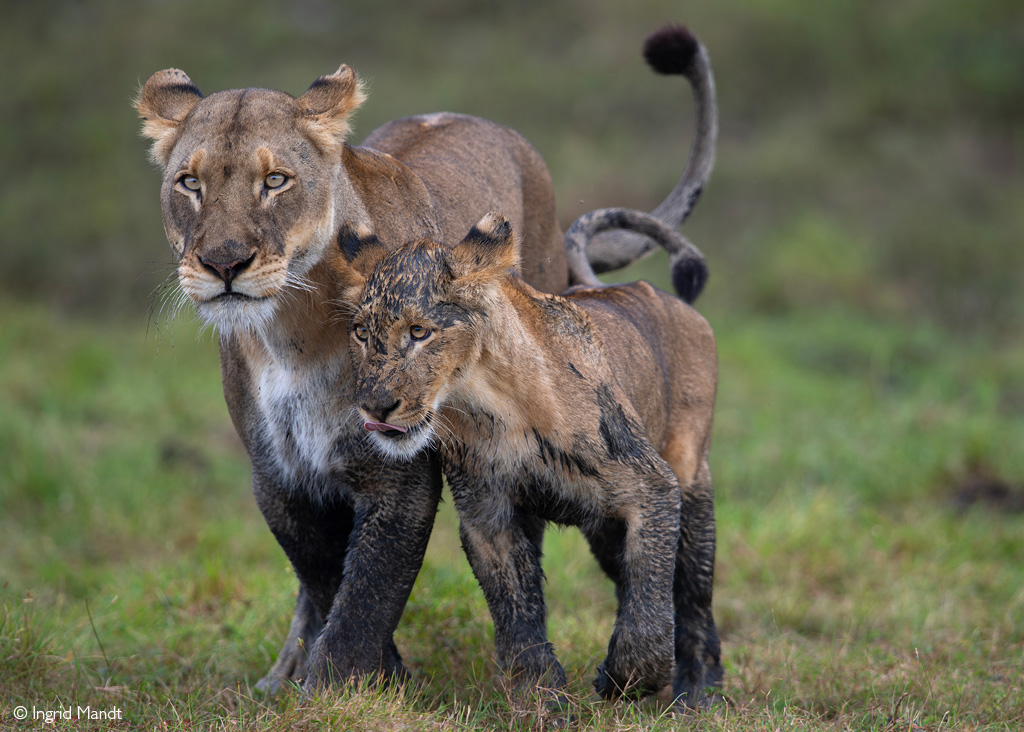
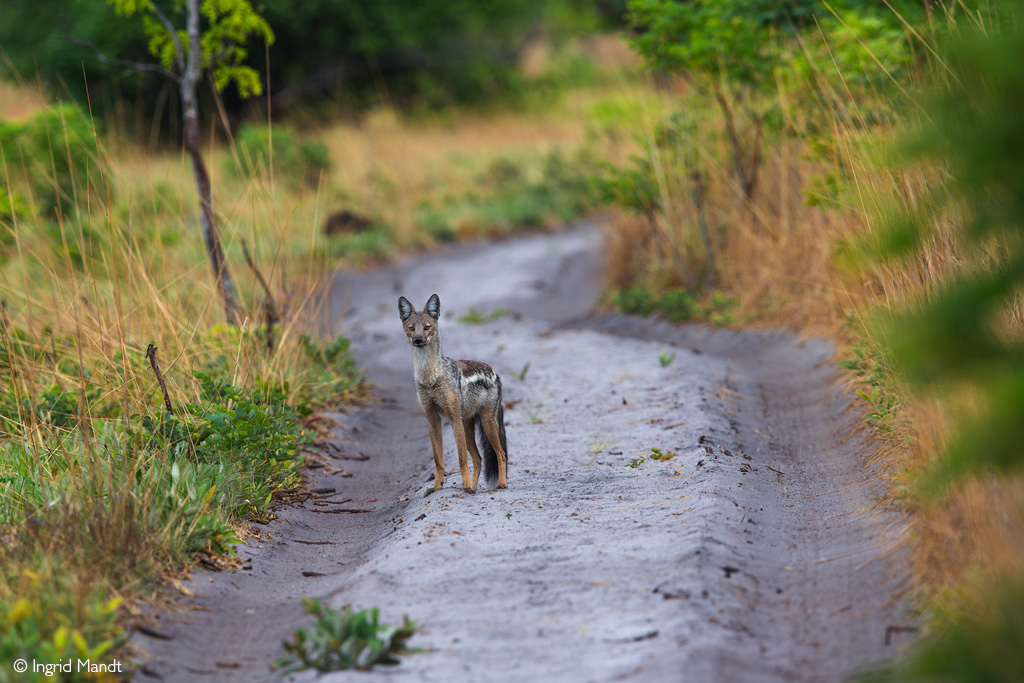
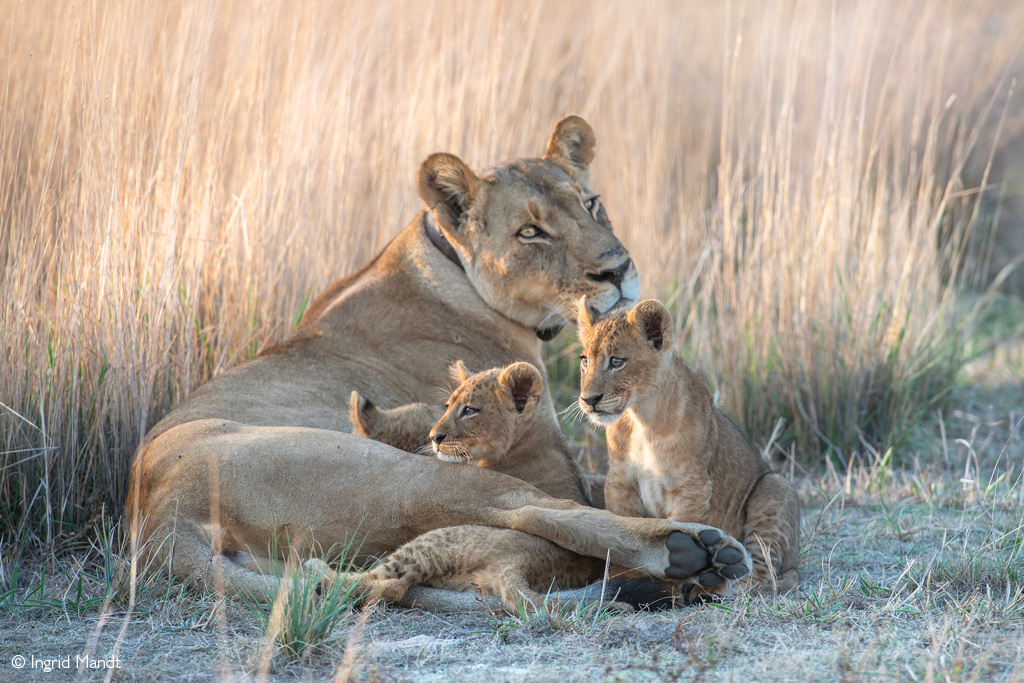
Further reading
- Busanga Plains, Kafue, is one of Zambia’s hidden gem. Lush landscapes, abundant wildlife & stunning photo ops await. Read the first part of this travel diary on Zambia’s hidden gems here.
- Liuwa Plain National Park in Zambia – a conservation success story – is home to precious wetlands, new lion prides & remote wilderness. Read more about Liuwa Plain National Park here
- Kingsley Holgate & his Afrika Odyssey expedition team are connecting 22 parks managed by African Parks. Read about their trip to Liuwa Plain. Read more about the Afrika Odyssey Expedition to Liuwa Plain here
To comment on this story: Login (or sign up) to our app here - it's a troll-free safe place 🙂.![]()




